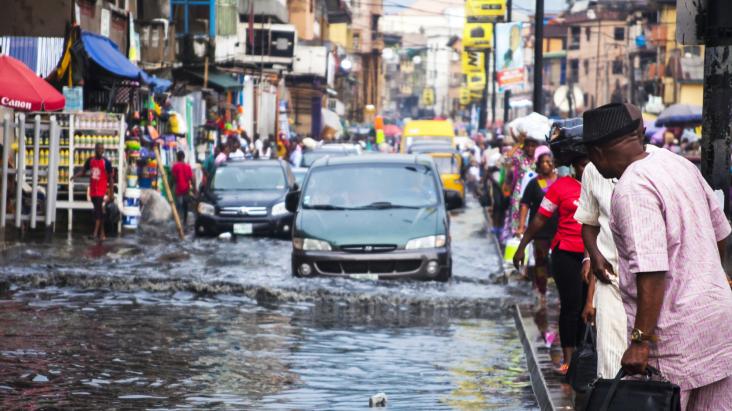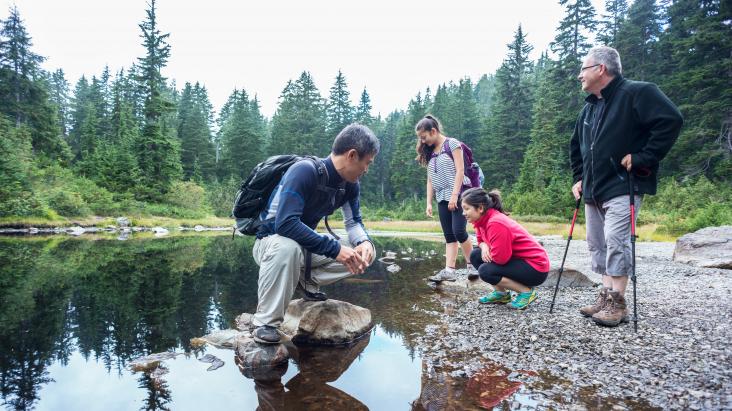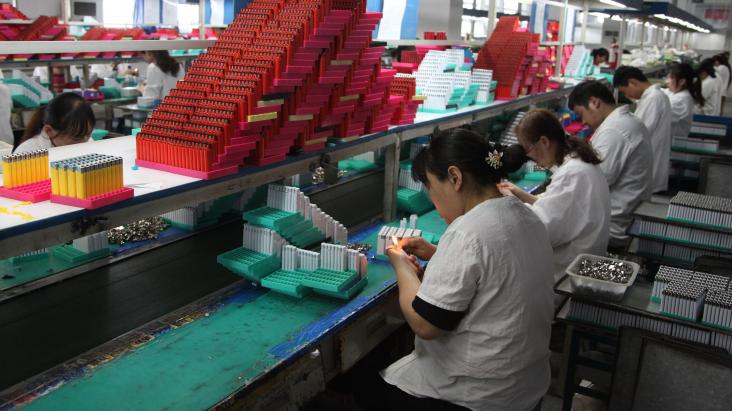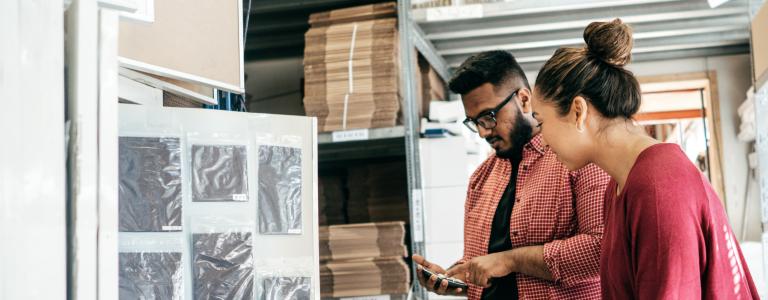The International Institute for Sustainable Development (IISD) is an award-winning independent think tank working to create a world where people and the planet thrive.
About IISDWhat We Do
Our research and policy work focuses on areas we deem ripe for transformation, where shifts in policy have the potential to change the game and where we have a proven record of making significant gains.
Flagship Initiatives
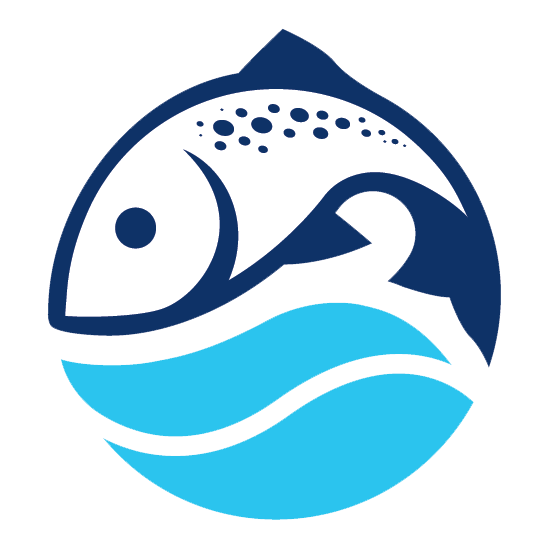
IISD Experimental Lakes Area
IISD Experimental Lakes Area (IISD-ELA) is an exceptional natural laboratory comprised of 58 small lakes and their watersheds set aside for scientific research.

NAP Global Network
The NAP Global Network works with partners in the world’s most vulnerable countries to develop and implement climate adaptation plans for a more secure future.

Global Subsidies Initiative
The IISD Global Subsidies Initiative (GSI) supports international processes, national governments, and civil society organizations to align subsidies with sustainable development.

The Intergovernmental Forum on Mining, Minerals, Metals and Sustainable Development
The IGF supports nations committed to leveraging mining for sustainable development to ensure negative impacts are limited and financial benefits are shared.
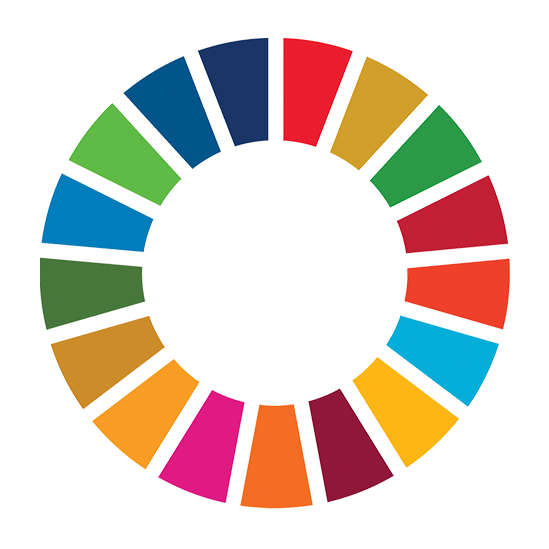
SDG Knowledge Hub
The SDG Knowledge Hub provides daily information on the implementation of the 2030 Agenda for Sustainable Development.

Earth Negotiations Bulletin
Earth Negotiations Bulletin provides balanced, timely, and independent reporting on United Nations environment and development negotiations.
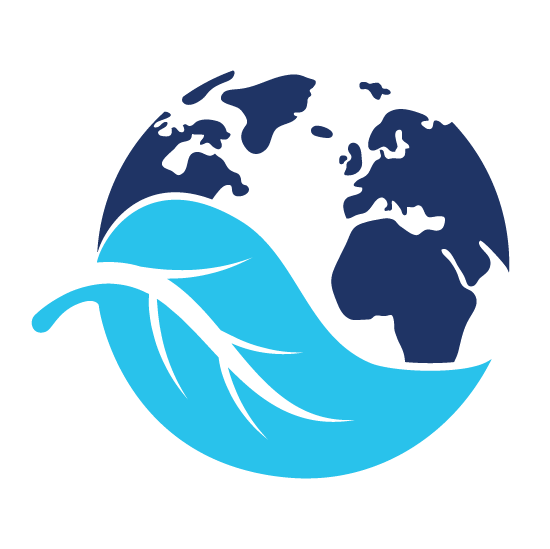
Nature-Based Infrastructure Global Resource Centre
The NBI Global Resource Centre aims to establish the business case for nature-based infrastructure, providing data, training, and customized project valuations.
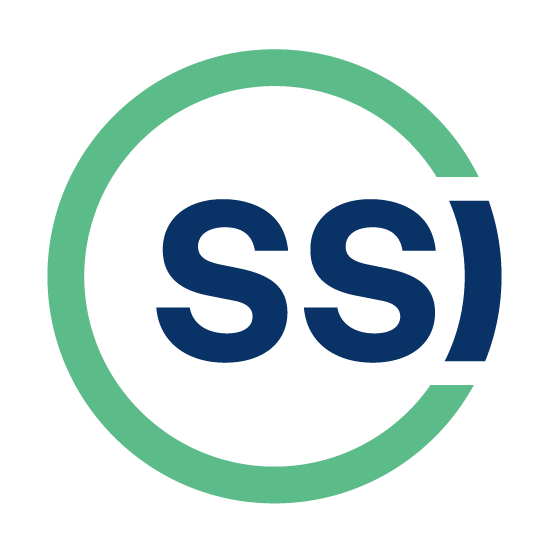
State of Sustainability Initiatives
The State of Sustainability Initiatives examines how voluntary sustainability standards can support environmental and social goals.
New Research
IISD publishes objective, independent, high-quality research on sustainable development issues, including reports, policy briefs, and toolkits.
The Investment Facilitation for Development Agreement: A reader's guide
A subset of World Trade Organization members has finalized the legal text of an Agreement on Investment Facilitation. This Reader's Guide provides an overview of what's in the agreement.
Public Engagement on Climate Change Adaptation
This report provides an introduction to public engagement on climate change adaptation for decision-makers involved in leading national adaptation plan (NAP) processes.
New Perspectives

The Coral Gardeners of Saint Lucia: Local heroes against coral bleaching
Coral gardeners in Saint Lucia are working together to save reefs from the devastating effects of climate change through a flagship project under the island's National Adaptation Plan (NAP).

Why the Cost of Carbon Capture and Storage Remains Persistently High
New analysis explores if carbon capture and storage (CCS) is an economically viable solution for emissions reduction in Canada’s oil and gas sector.

Advancing Biodiversity-Positive Nature-Based Climate Solutions
From India to Ethiopia to Canada, exploring valuable examples of nature-based solutions’ potential while showcasing their versatility.
Stay connected
Be the first to hear what's new in sustainable development. Sign up for our bi-weekly updates to receive a curated selection of our latest reports, articles, projects, and upcoming events.
Yes, please!Our Impact

Fueling Change: The journey to end fossil fuel subsidies in Canada
How Canada became the first country in the world to introduce a framework for ending government subsidies to domestic oil and gas companies.
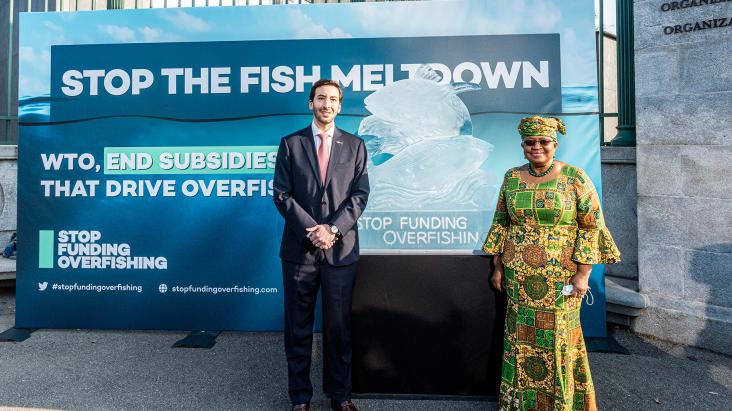
A Global Deal to Tackle Harmful Fisheries Subsidies: A look behind the scenes
In June 2022, World Trade Organization members reached a historic deal tackling harmful fisheries subsidies. We unpack how a global campaign by environmental non-governmental organizations and technical policy and legal advice from trade experts in Geneva helped make a difference.
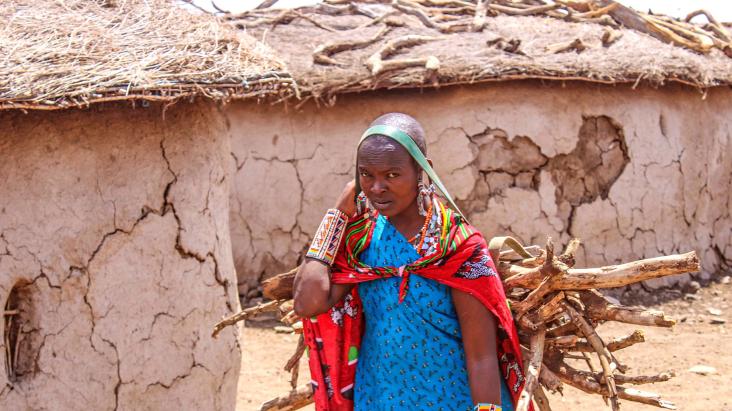
Envisioning Resilience: Bringing underrepresented women's voices into planning for climate change adaptation
Meaningful participation by women who are on the front lines of climate change is essential for gender-responsive, locally led adaptation. However, in many contexts, women remain underrepresented in decision making, from local to national levels.

